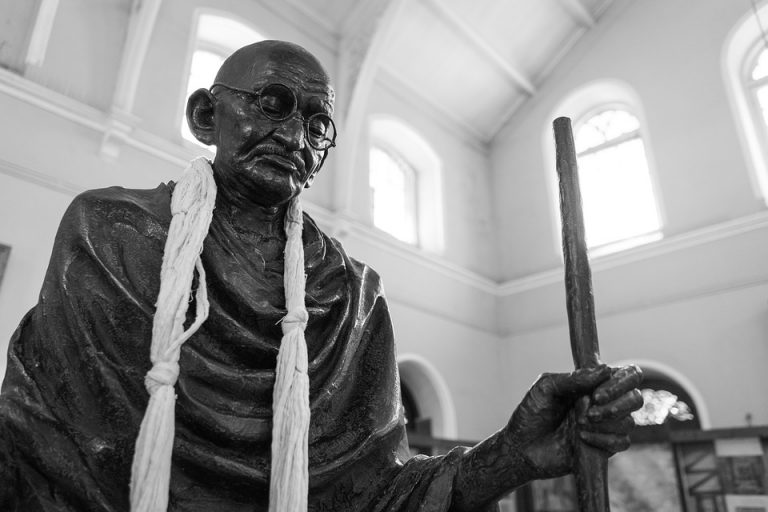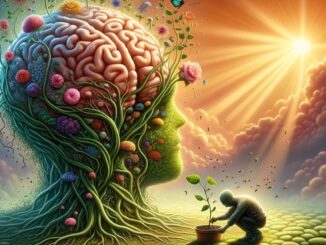
The poet Rabindranath Tagore called him “Mahatma“, great soul, but in the world he became famous very simply with his surname. On October 2, 1869, Mohandas Karamchand Gandhi was born in Porbandar, central-western India. A lawyer for civil rights, an inspirer of the Indian independence movement and a philosopher of the “satyagraha”, his figure has gone beyond the confines of his own time and has come down to us.
Even today, in fact, on the occasion of the anniversary of his birth, people celebrate the International Day of Nonviolence all over the world.
Gandhi and the Nonviolence Principle
Every 2nd October, in conjunction with the anniversary of the birth of Gandhi, the International Day of Nonviolence is celebrated.
The aim of this celebration is to keep alive the reflection around one of the fundamental pillars of the life and political activity of the Mahatma. The philosophical and ethical principle of nonviolence was in fact the primary instrument used by Gandhi.
His fighting for civil rights became the broader movement of resistance to colonialism that lead India to independence. But what does this term mean?
Over the years, a vast amount of literature has developed around the word “nonviolence“. Even today, there is an attempt to update a term with very ancient origins. As a matter of fact, it was not Gandhi who used it for the first time. However, it was thanks to him that this complex idea of resistance was affirmed and translated into political practice. “Satyagraha” is the Sanskrit term with which the Indian leader chose to define a type of fight not based on force, violence or war, but on ahimsa, that is love and respect for others and themselves. According to Gandhi, this is the only way to achieve justice.
It is not with the law of the retribution, Gandhi claimed, that man can hope to affirm himself. His statement “Be the change you would like to see in the world” was much more than a pacifist slogan. It was, for Gandhi, a rule of inner life that had to translate into practice of collective life.
The World March
On the anniversary day, people had the opportunity to join the World March for Justice and Peace in New Delhi. It consists in a walk of 14,000 kilometres from India to Geneva against injustices, inequalities and violence in the world. The journey aims to spread the nonviolent message of Gandhi and the “voice of the voiceless” of the earth and will last one year.




